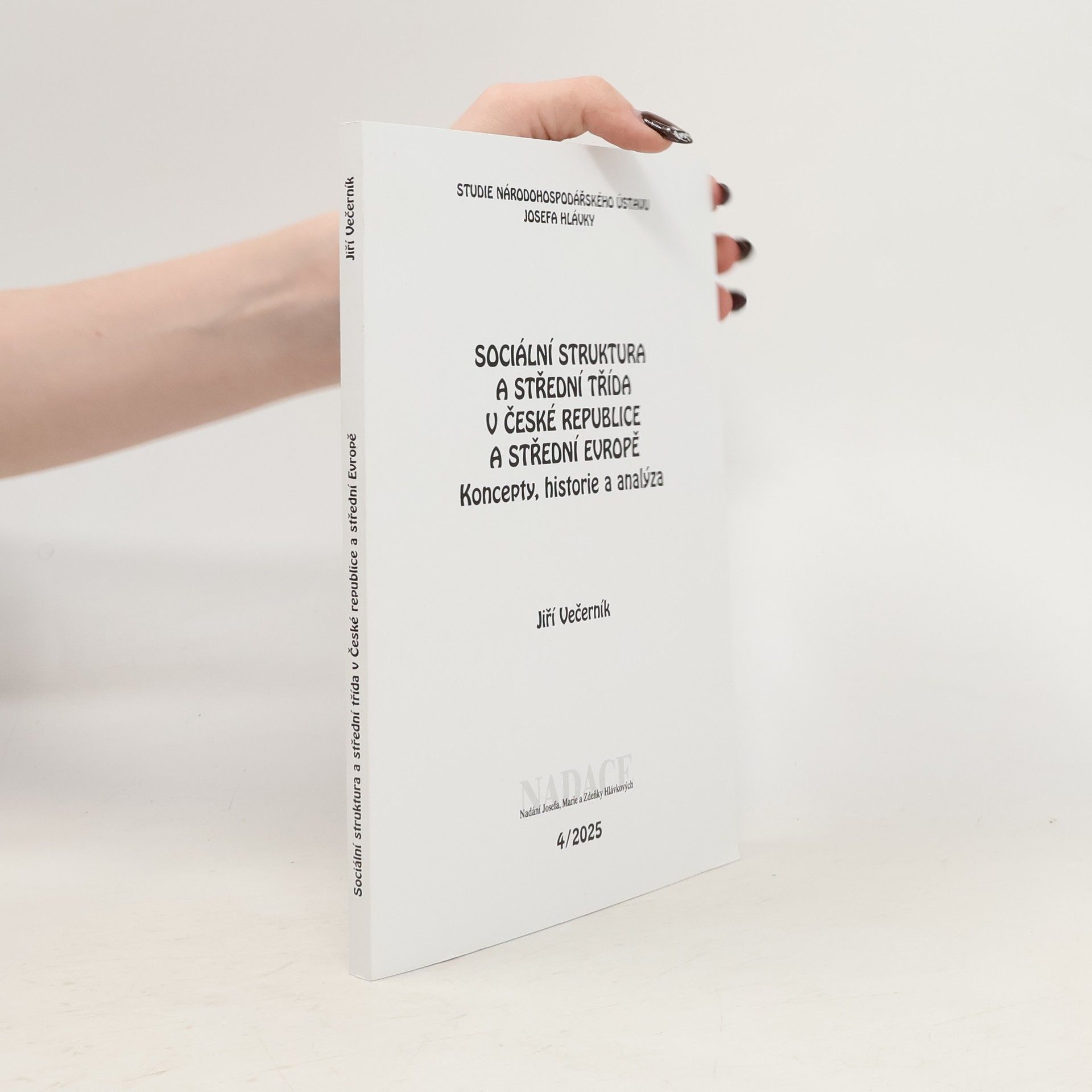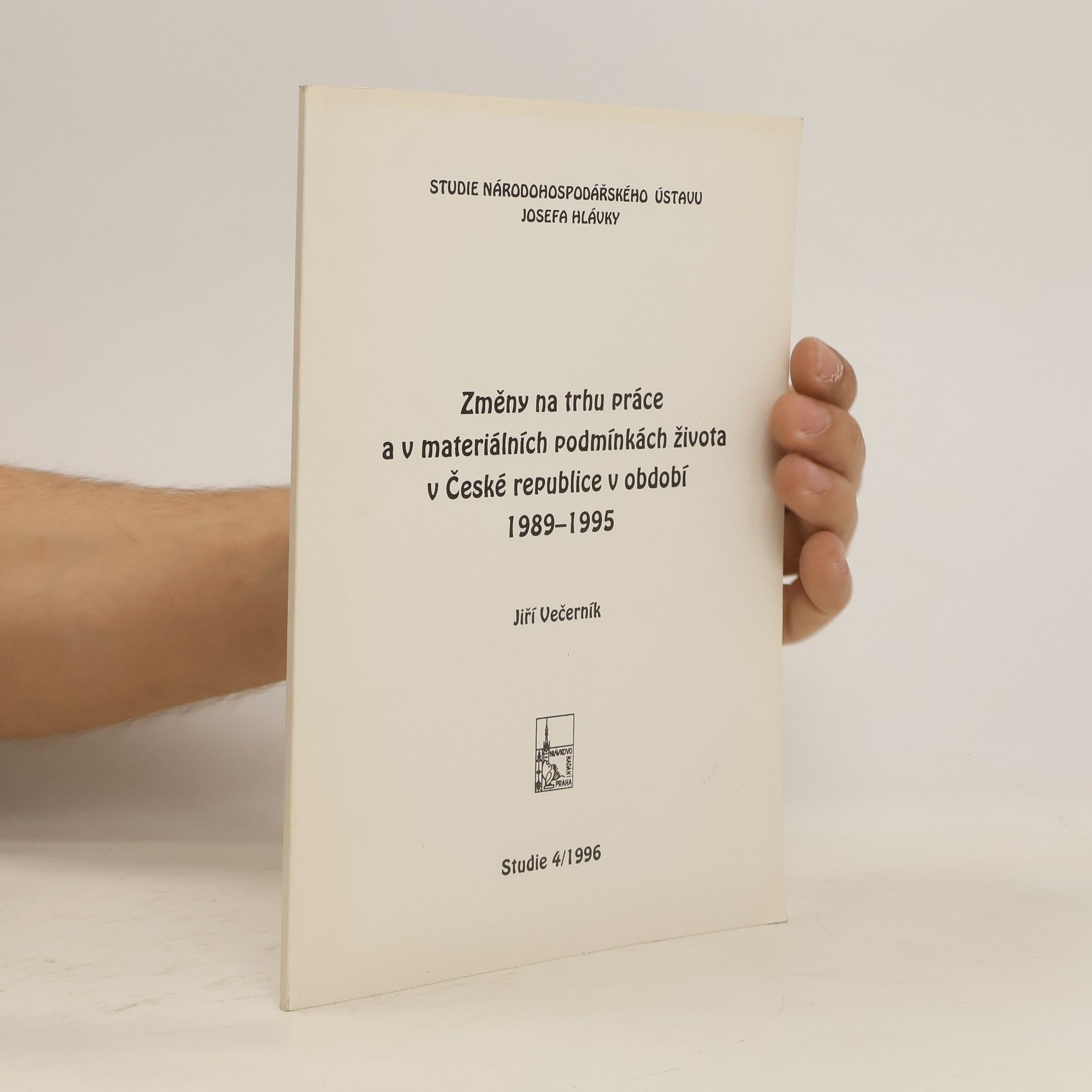Jiří Večerník Livres

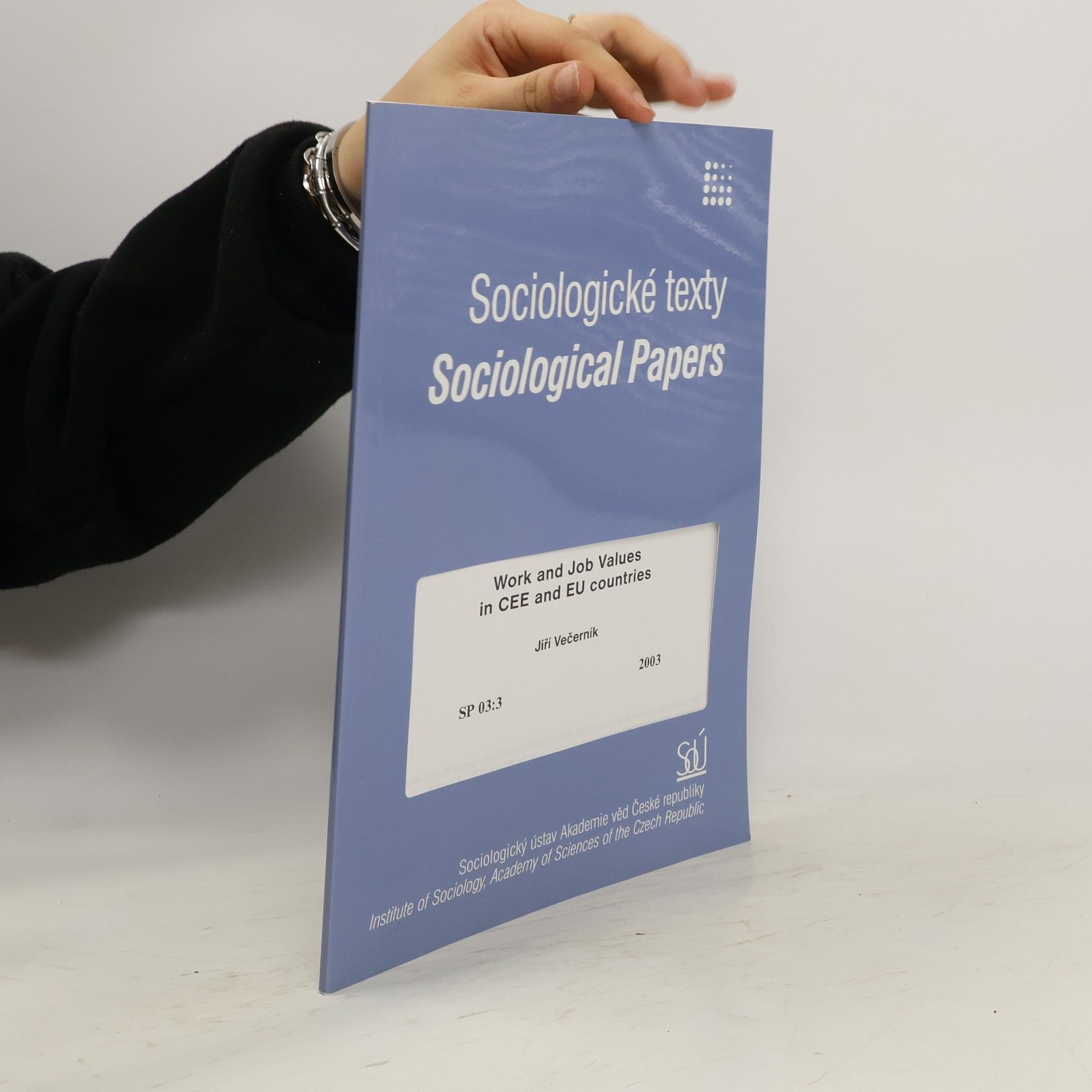
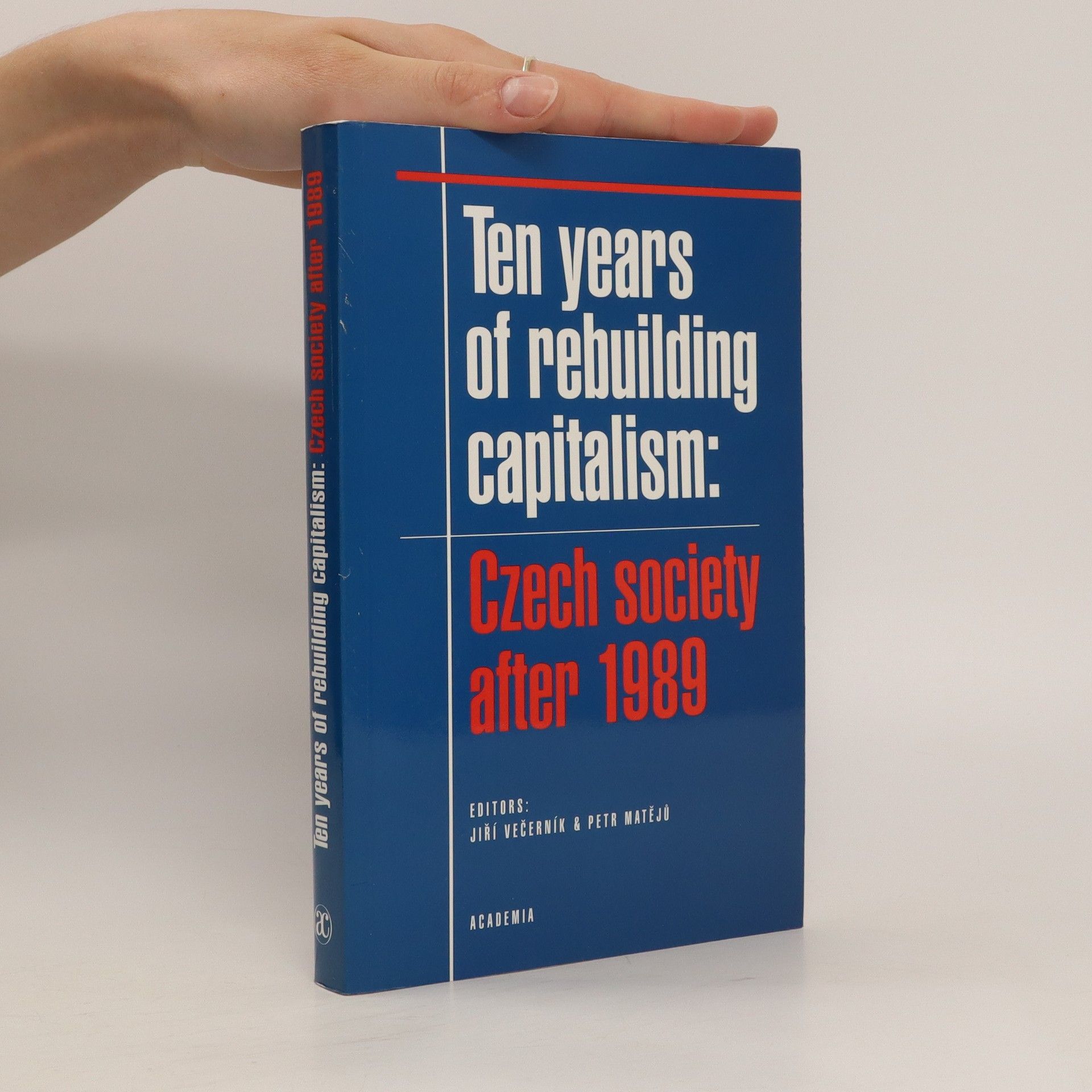
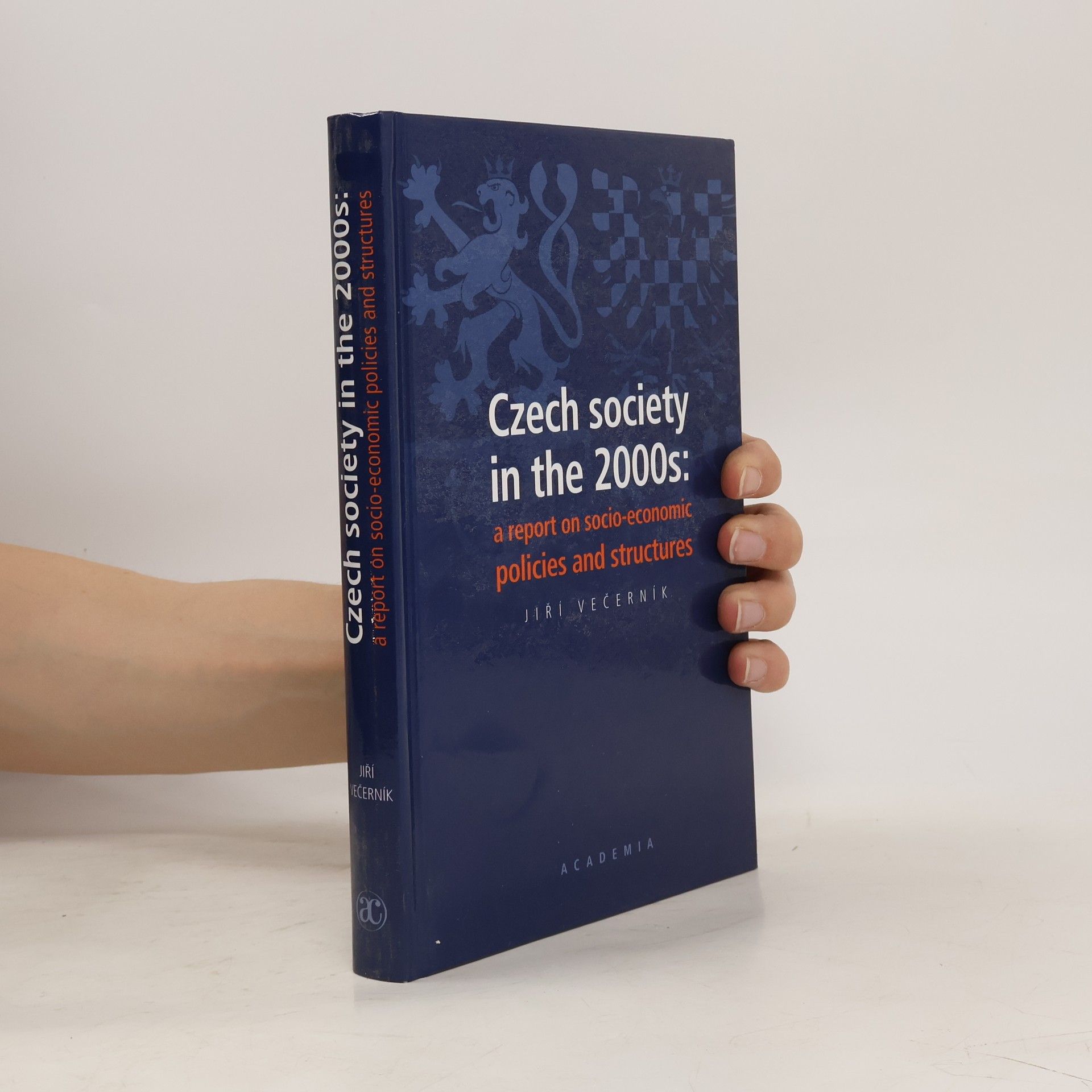
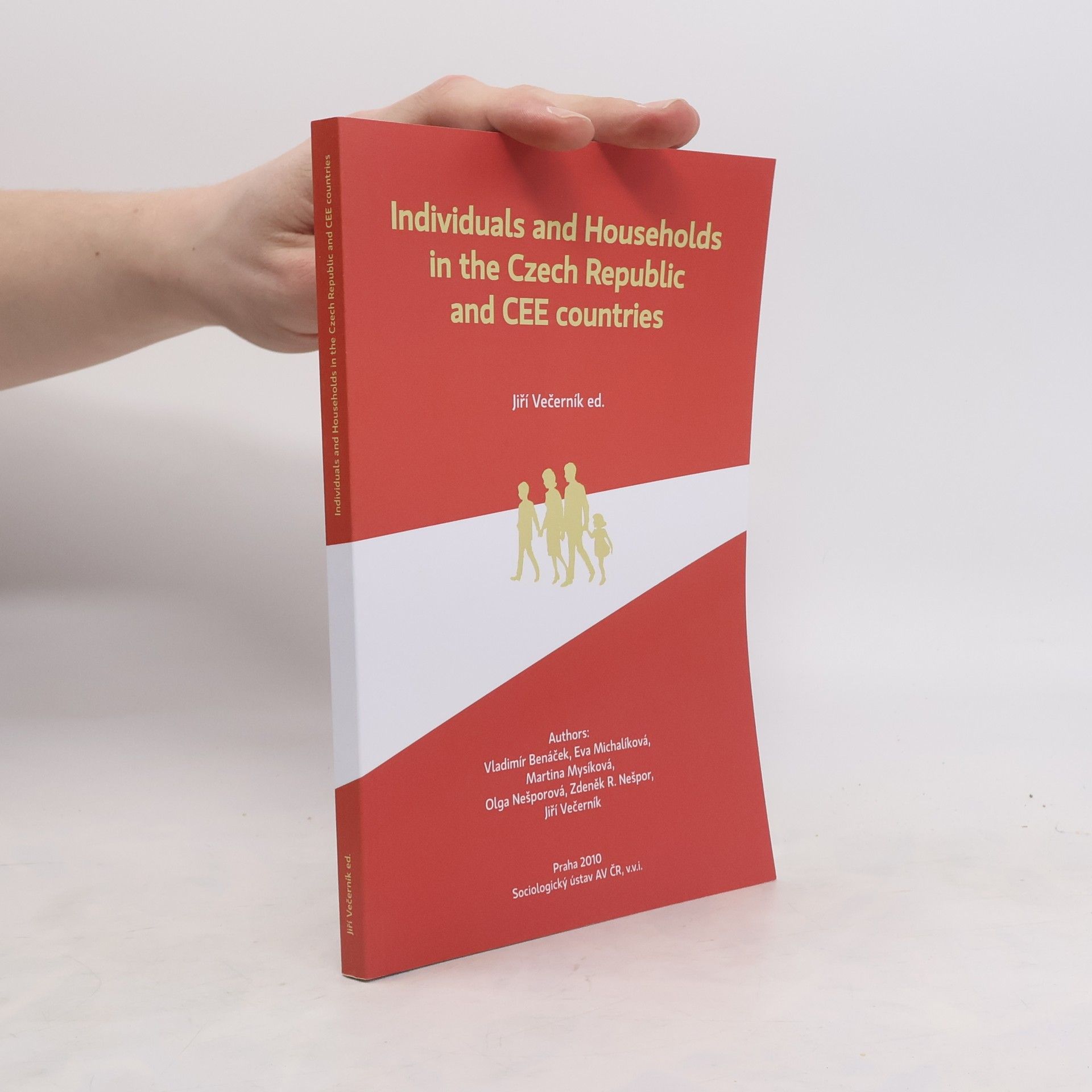
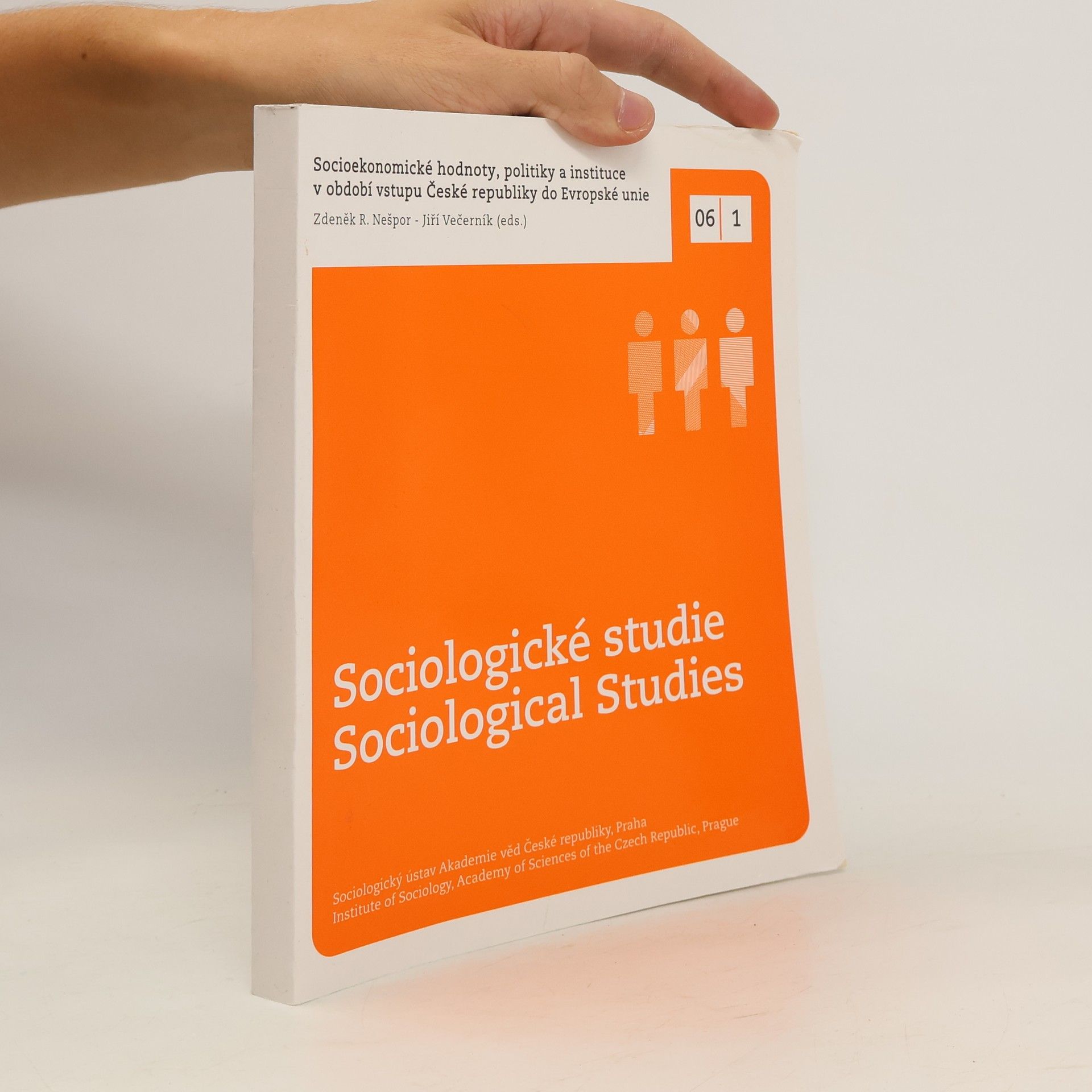

Individuals and Households in the Czech Republic and CEE Countries
- 218pages
- 8 heures de lecture
he study aims to analytically interlink the optics of individuals and households and focus on their demographic and socio-economic behaviour since 1989 in the Czech Republic, and compare these observations with other EU countries, primarily those of Central Eastern Europe (CEE). The fields covered are family formation and life trajectories, earnings disparities and income inequality, the situation of self-employed and family businesses, and religion affiliation of individuals and households. Vladimir Benacek, Eva Michalikova, Martina Mysikova, Olga Nesporova, Zdenek R. Nespor, Jiri Vecernik
Czech society in the 2000s: A report on socio-economic policies and structures
- 286pages
- 11 heures de lecture
Examines developments between 1989 and 2008 in the areas of employment, social policies, earnings, income inequalities and social structure, with a focus on the situation of the middle class, pensioners and the poor. Comments on new socio-economic values relating to work and consumption.
Ten years of rebuilding capitalism: Czech society after 1989
- 367pages
- 13 heures de lecture
Kniha "Ten years of rebuilding capitalism:" spadá do žánru Ostatní. Jedná se o počin nakladatelství "Academia" z roku 1999. Přejeme příjemné čtení.
Sociologické texty. Sociological Papers
Work and Job Values in CEE and EU countries
Sociální struktura a střední třída v České republice a stredni Evrope
Koncepty, historie a analyza
V návaznosti na studii autorů „Chudoba v České republice. Kritický pohled na evropské ukazatele“ tato studie přináší souhrnný pohled na výdělky osob, příjmy domácností, přerozdělovací toky, majetkové rozdíly a hospodaření rodin, a to jednak ve vývoji v ČR a jednak ve srovnání s evropskými zeměmi. Zabývá se rovněž vnímánímnerovnosti a středostavovskou identitou. K tomu využívá široké palety statistických a sociologických dat, zčásti pocházejících z evropských a světových databází a zčásti z vlastních výpočtů na základě individuálních dat komparativních výzkumů. Data jsou prezentována hlavně v grafech ukazujících pozici ČR na evropských žebříčcích. Výsledky zpochybňují obecné názory o výjimečné rovnosti v naší zemi a specificky českém rovnostářství. Česká společnost není už „nejrovnější“ ani ve výdělcích, ani v situaci domácností. Není ani výjimečně rovnostářskou v různých postojích týkajících se nerovnosti.
Deset rodin po 10 letech: 1989-1999
- 134pages
- 5 heures de lecture
Předmluva Jiří Večerník. Zpráva o životě deseti rodin vybraných z rozsáhlého souboru 740 rodin. Soubor obsahuje paritní zastoupení rodin městského a venkovského obyvatelstva; reprezentativní zastoupení každého okresu. Uvádí zaměstnání hlavy domácnosti, počty dětí, důchodců a invalidů. Členové deseti rodin vyprávějí v knize o svém životě před rokem 1989 a po něm. Z hlediska výpovědí lze vyvodit, které rodiny se chopily výzvy nového systému a nalezly nové příležitosti k uplatnění a které ne.
